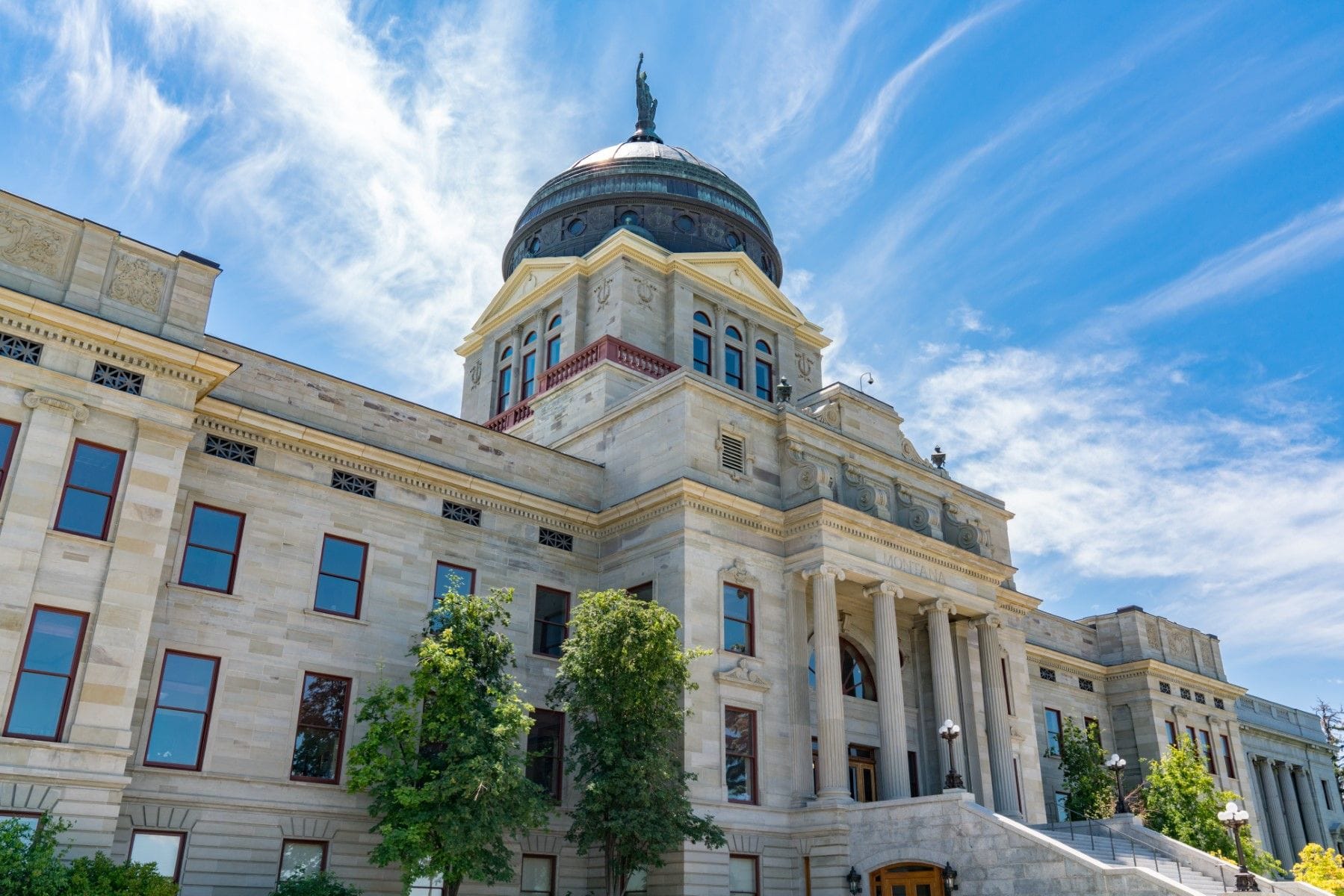Montana Expert Witness Rules: What Litigators Need to Know
Montana expert testimony rules stress early disclosure, Daubert reliability, and methodical rigor, making pretrial preparation critical in complex civil cases.
Updated on
In this article
Expert witness testimony in Montana plays a pivotal role in civil litigation, especially in areas like medical malpractice, product liability, and environmental torts. Montana’s rules for expert disclosure, discovery, and admissibility are modeled closely after the Federal Rules, with specific procedural expectations under the Montana Rules of Civil Procedure (M.R. Civ. P.) and Montana Rules of Evidence (M.R. Evid.). Attorneys must navigate disclosure obligations and be prepared for Daubert-style challenges to ensure expert testimony survives scrutiny.
Designation Requirements
Montana does not require a formal motion to designate experts. Instead, disclosure of expert witnesses is governed by M.R. Civ. P. 26(b)(4) and conducted through discovery responses and case-specific scheduling orders.
A party must disclose:
- The identity of any expert expected to testify at trial
- The subject matter of their testimony
- A summary of facts and opinions the expert will offer
- The basis and reasoning behind those opinions
Disclosures are typically made in response to interrogatories or as required by a court’s pretrial scheduling order. Failure to timely or fully disclose an expert may result in exclusion under Rule 37(c), particularly when the omission is neither justified nor harmless.
Expert Disclosure Process
Montana courts enforce expert disclosure deadlines through Rule 26 and custom scheduling orders, which outline deadlines for:
- Initial expert disclosures
- Responsive or rebuttal expert disclosures
- Expert depositions and challenges
Under Rule 26(b)(4)(A), each party must disclose:
- A summary of the expert’s opinions
- The facts or data relied upon
- The expert’s qualifications, including a list of publications
- A record of prior testimony
- The compensation arrangement
Full expert reports are not always required, but courts may order them in cases involving scientific, technical, or financial experts. Depositions of disclosed experts are permitted, and expert discovery often centers on scrutinizing methodology and reliability in anticipation of admissibility challenges.
Required Declarations
Expert declarations or affidavits are not automatically required at the time of disclosure but are critical in summary judgment proceedings. Under M.R. Civ. P. 56(e), expert affidavits must:
- Be made on personal knowledge
- Set forth facts admissible in evidence
- Establish that the affiant is qualified to testify on the matter
In medical malpractice and other professional negligence cases, expert affidavits are frequently necessary to survive summary judgment. Without an expert declaration establishing breach of duty and causation, the court may grant dismissal.
Fees and Compensation
Montana has no statutory cap on expert witness compensation. Fees are negotiated between the expert and retaining party. If one party seeks to depose an opposing party’s expert, Rule 26(b)(4)(E) requires the deposing party to:
- Pay a reasonable fee for the expert’s time
- Possibly reimburse for time spent preparing, depending on the case complexity and court discretion
Courts may resolve disputes over fee reasonableness based on factors like the expert’s experience, prevailing industry rates, and the nature of the testimony.
Discovery Scope and Limitations
Expert discovery in Montana is governed by Rule 26(b)(4). Parties are entitled to obtain:
- The substance of expert opinions
- The basis and materials relied upon
- The expert’s qualifications and experience
- The compensation terms
Discovery of non-testifying experts—consultants retained in anticipation of litigation but not expected to testify—is limited and only allowed upon a showing of exceptional circumstances.
Draft reports and attorney-expert communications may be protected under the work-product doctrine, but factual materials considered by the expert must be disclosed if the expert is expected to testify.
Admissibility Standards
Montana applies the Daubert standard to determine the admissibility of expert testimony, codified in M.R. Evid. 702. The standard was affirmed by the Montana Supreme Court in State v. Damon, 233 P.3d 462 (Mont. 2010), placing the burden on trial courts to ensure expert opinions are both reliable and relevant.
Under Rule 702, expert testimony must:
- Be offered by a qualified expert
- Be based on sufficient facts or data
- Be the product of reliable principles and methods
- Be reliably applied to the facts of the case
Montana courts act as gatekeepers and may conduct Daubert hearings to evaluate the reliability of scientific, technical, or specialized testimony. An expert’s credentials are not enough—their methodology and its application must withstand judicial scrutiny.
Key Deadlines & Strategy Notes
Deadlines for expert disclosure and admissibility challenges are set by each court’s scheduling order. A typical litigation timeline includes:
- Plaintiff’s expert disclosures: 90–120 days before trial
- Defense expert disclosures: 30–60 days after plaintiff’s
- Rebuttal expert disclosures: Often 30 days later
- Expert depositions and discovery cut-off: As ordered by the court
- Motions to exclude (Daubert): Filed by the pretrial motion deadline
Attorneys should retain experts early, particularly in complex or highly technical cases. Ensuring that the expert’s opinions are well-founded and articulated during deposition is crucial for meeting Montana’s Daubert threshold.
State-Specific Statutes & Local Rules
- M.R. Civ. P. 26(b)(4): Governs discovery of expert witnesses
- M.R. Civ. P. 56(e): Controls affidavit standards at summary judgment
- M.R. Evid. 702: Daubert admissibility standard
- State v. Damon, 233 P.3d 462 (Mont. 2010): Adopted Daubert standard for expert testimony
- M.R. Civ. P. 37(c): Provides for sanctions and expert exclusion
Some Montana district courts, including those in Yellowstone, Missoula, and Lewis and Clark Counties, may have standing orders or judge-specific practices that affect the timing and scope of expert disclosure. Practitioners should check these local rules carefully.


